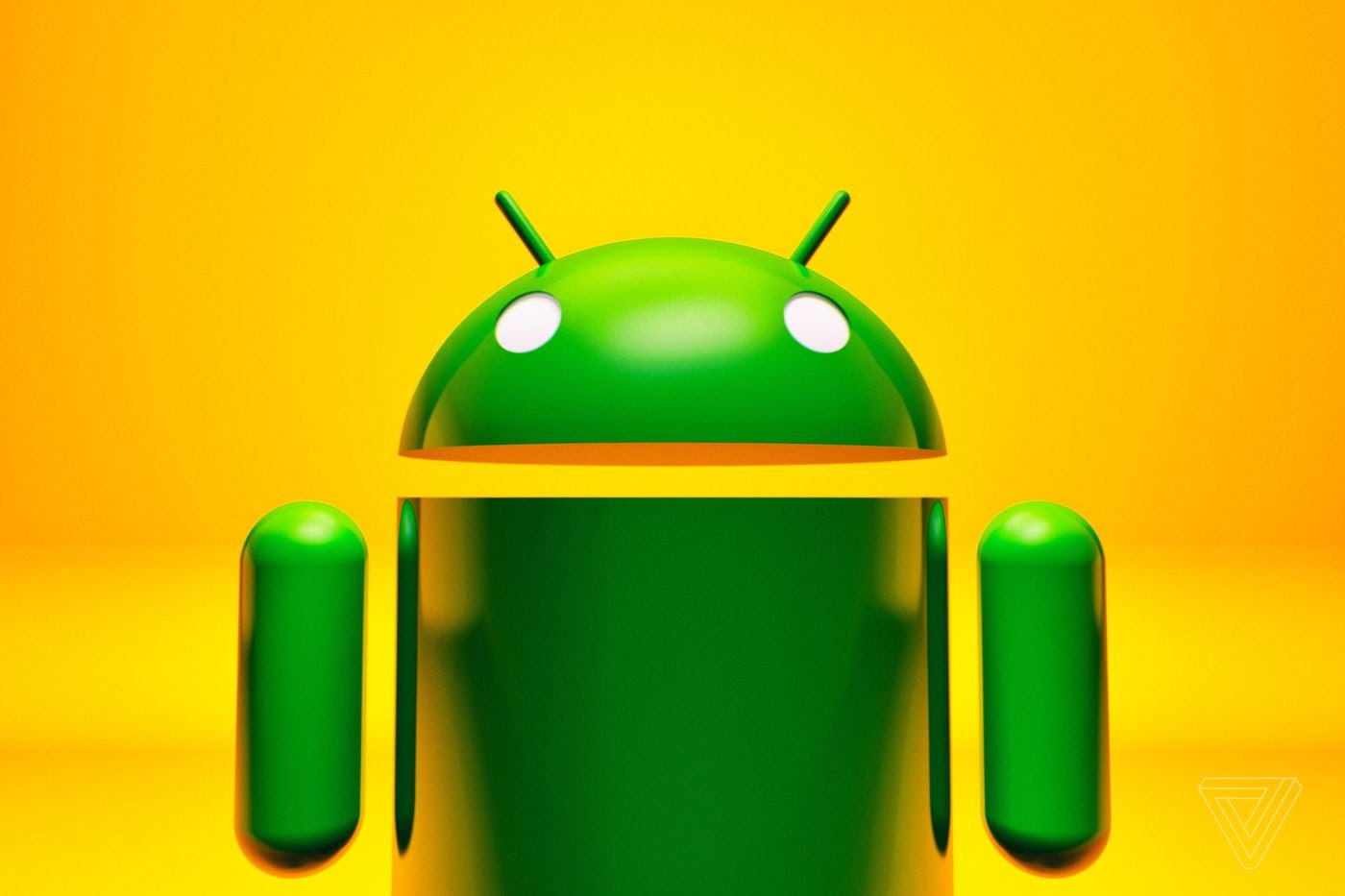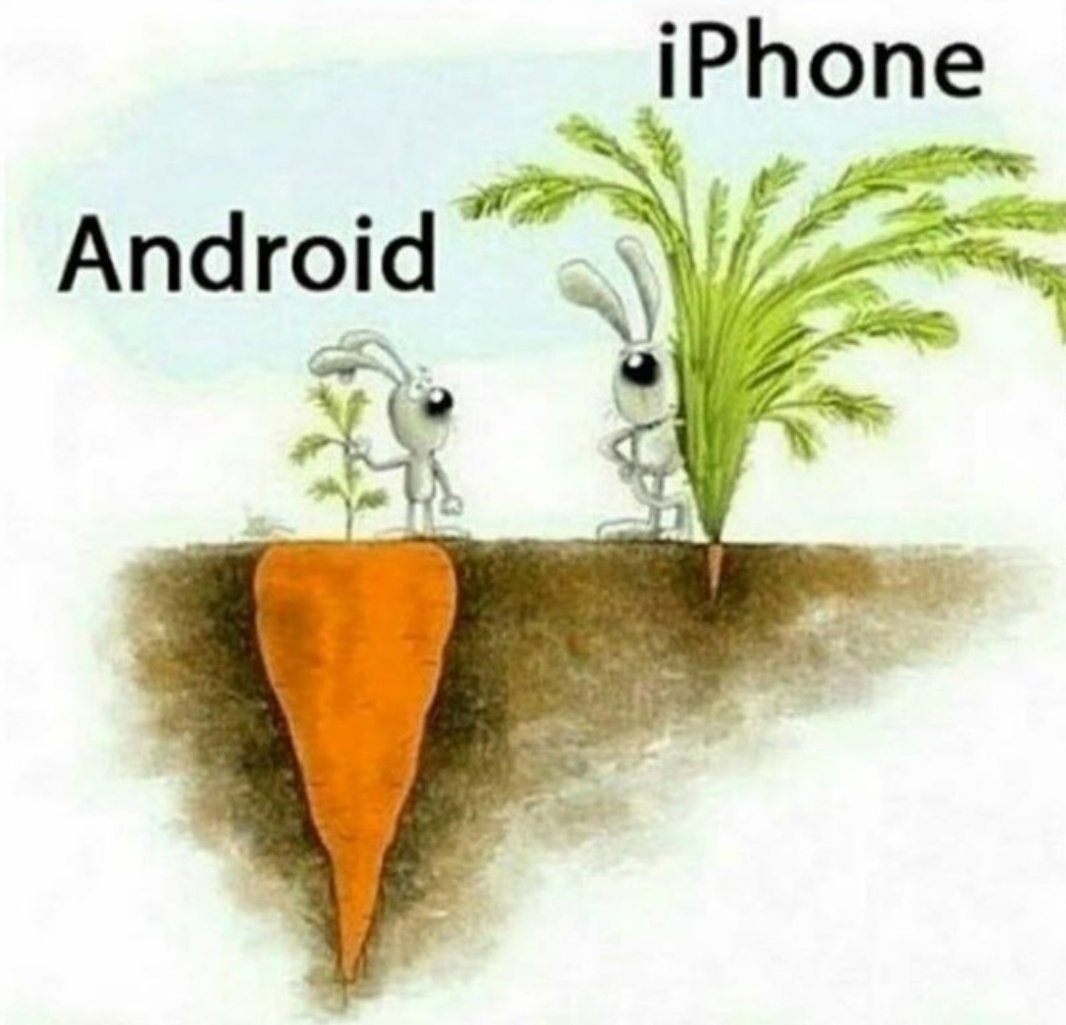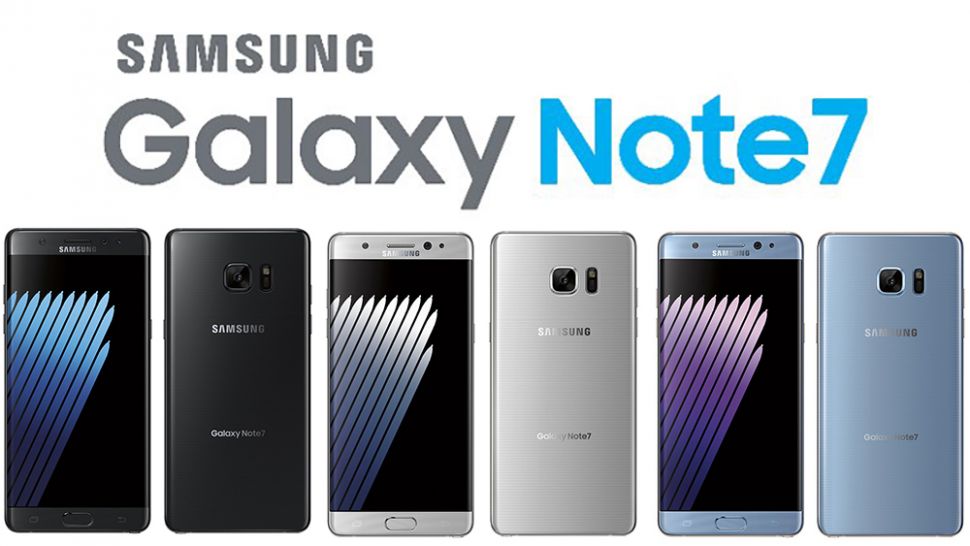And again about one of the main problems of the OS from Google …

Original material
Recently, a two-year study of security policy updates Android was published, which marked an alarming gap between the versions of the patches that should be installed according to the manufacturer's words, and the software patches actually installed on the device. The manufacturer of your Android – device may be misleading you regarding device security. In fact, it seems that almost all companies do this.
The news might not seem so important against the background of the reports flooding the air about the visit of Mark Zuckerberg to the US Senate in order to testify in the case of the leak of private information from Facebook. But both of these problems have to do with the same aspect: trust. Facebook as a large company is the least trusted, and Android as an OS is the equivalent of a service: the same 2 billion users around the world take the OS for granted rather than love, as well as users Android are susceptible to major privacy and security attacks.

The gap between Android and her nemesis iOS from Apple has always been about trust. Unlike Google, Apple doesn't make money from tracking its users' behavior. Unlike the diverse and vast ecosystem Android, there are a small number of models iPhone, each of which is regularly updated and receives long-term support from the manufacturer. With iPhone, you can be sure that you are on the priority list for Apple. And this is true, even despite all the accusations of the planned moral aging of their devices against the Cupertino company. As the current state of affairs shows, with a device based on Android, you cannot be sure of the veracity of the security updates you receive.
For the most part, this is why Android is perceived as an insecure system. In addition to providing incorrect data about the safety of the device, Android has other big problems and 'fly in the ointment'.
Slow update by version
And sometimes – and his absence. I've been writing materials about Android since the appearance of Android Cupcake (1.5), and for almost ten years I have never been satisfied with the speed of OS updates. The situation was even more deplorable at the end of last year, when the version Android of the 2016 model was installed in a number of new devices. Android Oreo will soon be eight months old (there is less time left before the announcement of the next version than since the release of the last one), and LG is still preparing to update its 2017 flagship to this version.
Empty promises
All assurances regarding updates Android – devices are ephemeral, like messages on Snapchat. Even before Samsung became the world's leading smartphone retailer, the company had gotten a bad rap for backing down on its update promises. Sony in the Xperia Z3 smartphone faced incompatibility of its Snapdragon processor and Google requirements for Android Nougat, as a result, left without major OS updates, which is unacceptable. With so many actors (processor suppliers, telecom operators, Google, device manufacturers), the result of cooperation with a certain degree of probability will be as unpredictable and haphazard as software updates on Android.

Google, of course, knows what's going on. To reassure buyers Android – smartphones of people in their best intentions, the company promotes the initiative Android One. The program guarantees OS updates for at least 2 years after purchase, and security policy updates for 3 years. But as with most aspects Android, One is only available on a few devices, most of which are in the budget segment. Major players do not have One support.
Some manufacturers spy on you
This is more of an ecosystem issue than of the OS itself, but it still casts a shadow on reputation Android. OEMs of devices on Android have a habit of installing redundant software in them, and some have even slipped into spyware. That is why Amazon removed the Blu devices from sale: they were susceptible to remote attacks and could transfer messages and call logs of users to third parties. OnePlus also fell out of favor with an overly demanding user behavior analytics program that sent personal user information to the company's office without user consent.

The most famous example of a conflict with the manufacturer Android – devices is history from Huawei. US intelligence agencies have openly urged their citizens to avoid using smartphones Huawei for their own safety. No clear evidence of any illegal activity Huawei was provided. However, the US is not the only country to express concern about ties Huawei with the Chinese government, and this mistrust is based on “smoke not without fire.”
Android vulnerable due to Google connivance
It is worth noting that when it became known about the theft of data in Facebook and people started looking for what information the social network stores about them, then it turned out to be only calls and messages made through Android – devices . Why not iPhone? The 'walled garden' philosophy Apple makes it almost impossible to consent to the provision of information and device access to overly intrusive applications. Information is better protected on iOS, and even though a lot of work has been done in Android to fine-tune app permissions, it is much easier to trick the user into not telling what information the app collects and why .
Chaotic and unreliable hardware development
Many see their charm in the chaotic rate of new devices being released on the base Android. It is interesting to see how companies try a variety of unusual design solutions, of which only the best stay on the market for more than a few months. The downside to speed is lack of attention to detail and long-term self-sufficiency.
Two years ago LG launched a massive promotional campaign around its modular G5 smartphone, which was supposed to herald the emergence of a new ecosystem of accessories. The modular project was scrapped over the next 6 months, and those who purchased modular devices LG in the hope of being compatible with the next generation of devices were literally stranded. And Sony recently went overboard by calling Xperia smartphones waterproof.

The best and harshest example of the unfortunate consequences of a hasty and overly ambitious hardware development cycle is the story of the Samsung Galaxy Note 7. The battery was flawed, and many new Samsung smartphones spontaneously caught fire. Compare this to continuous incremental updates iPhone being released at specific intervals and emphasized precision.
In addition to the goofy promises of OS / security policy updates, and free handling of personal information, Android device manufacturers also like to exaggerate the capabilities of their devices. They don't really work with Google, so instead of putting in a lot of effort to improve software for Android, they just add fuel to the fire of complaints about the fragmented ecosystem.

The problem with trusting Android is similar to many in Facebook and lies in the real world. It doesn't matter if not everyone Android – smartphones are doing shady deals and exaggerating their marketing bids. Brand perception is collective.
Author – Vlad Savov
A new round of complaints about Android and its safety seems to be already here. Phantom patches, lack of updates, data security problem – that's another set. Of course, self-respecting manufacturers will not do this, it is easier to lose an image than to win.
But the importance of the updates themselves has already been lost, it is often just about protecting user data. All these ecosystem shortcomings Android play into the hands of the fans iOS, in both 'camps' there are representatives for whom the 'holy war' has not lost its meaning yet. The big question is whether such a comparison is advisable, but it often remains unanswered.
